What is the difference between counselling and psychotherapy?
Counselling typically focuses on short-term support, helping you navigate specific challenges or issues such as stress, grief, or a life transition. Psychotherapy, on the other hand, tends to delve deeper into understanding long-standing patterns, emotional difficulties, or past experiences, often involving a longer-term therapeutic relationship. Both approaches aim to improve mental well-being and can be tailored to your needs.
Frequently asked questions
How do I know if I need counselling or psychotherapy?
If you’re feeling overwhelmed, stuck, or in need of support to manage emotional difficulties, either counselling or psychotherapy may be beneficial. Counselling is often helpful for immediate concerns, while psychotherapy can address deeper, more complex issues. During an initial consultation, we’ll help determine the most suitable approach for you.
What happens during a session?
Sessions typically involve open, confidential conversations where you can explore your thoughts and feelings in a safe, supportive environment. Your therapist will guide and listen without judgment, offering insights and strategies tailored to your needs. The process is collaborative, and you are always in control of what you choose to discuss.
How long does therapy take?
The length of therapy varies depending on your goals and needs. Counselling might last a few weeks or months, while psychotherapy can be longer-term, spanning months or years. You can discuss your expectations with your therapist and decide what feels right for you.
Is therapy confidential?
Yes, your privacy is my priority. Everything discussed in sessions is strictly confidential, with exceptions only in cases where there is a risk of harm to yourself or others, as required by law. Your therapist will explain confidentiality policies clearly during your first session.
Do you offer online sessions?
Yes, I offer online counselling and psychotherapy sessions for clients who prefer the flexibility and convenience of virtual appointments. These sessions are conducted securely to maintain your privacy and ensure the same quality of care as in-person therapy.
What issues can therapy help with?
Therapy can help with a wide range of concerns, including anxiety, depression, stress, grief, trauma, self-esteem, relationship difficulties, and life transitions. If you’re unsure whether therapy can address your specific needs, feel free to reach out for a consultation.
How do I get started?
Starting therapy is simple. You can contact us via phone, email, or our website to book an initial consultation. During this session, we’ll discuss your needs and answer any questions.


